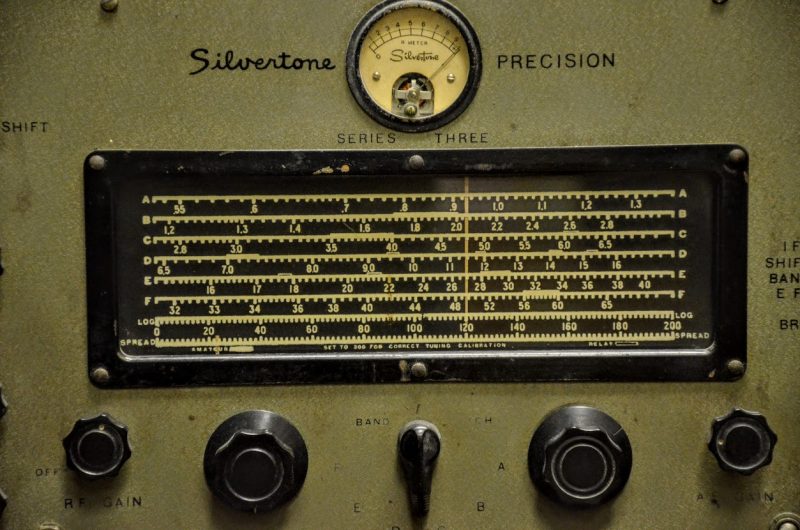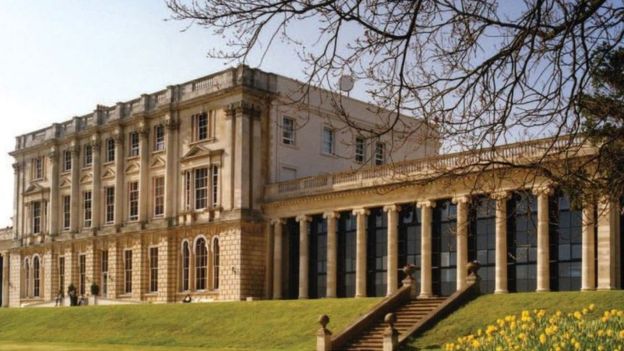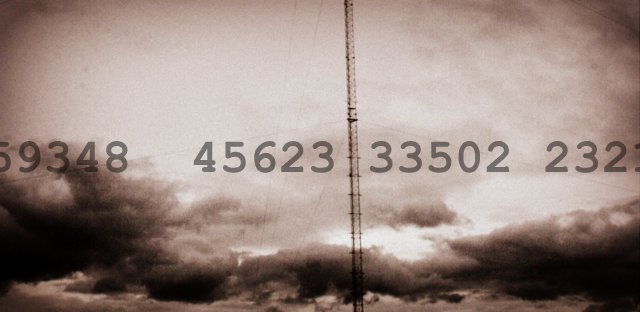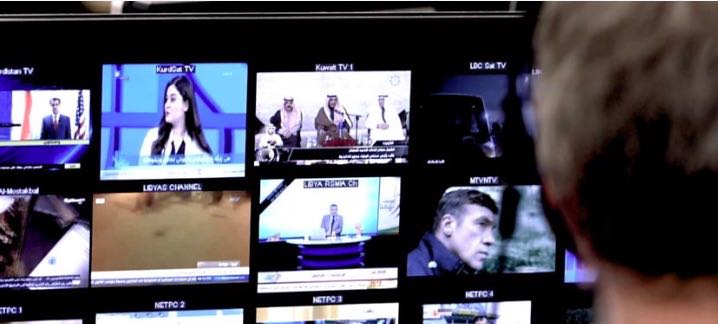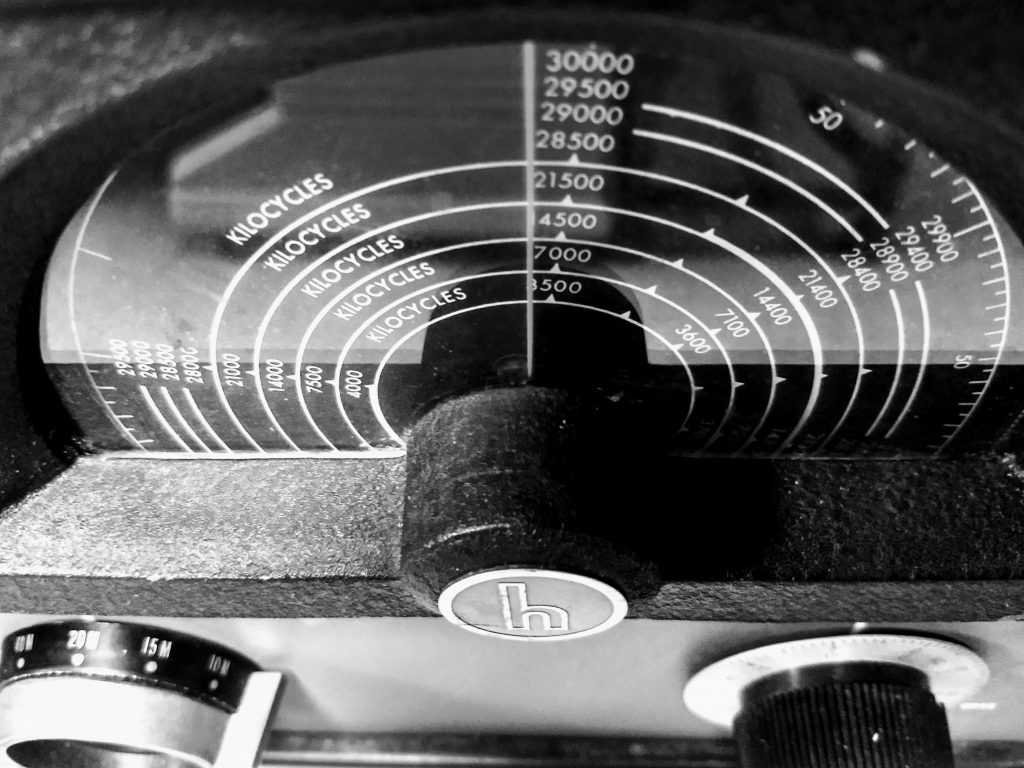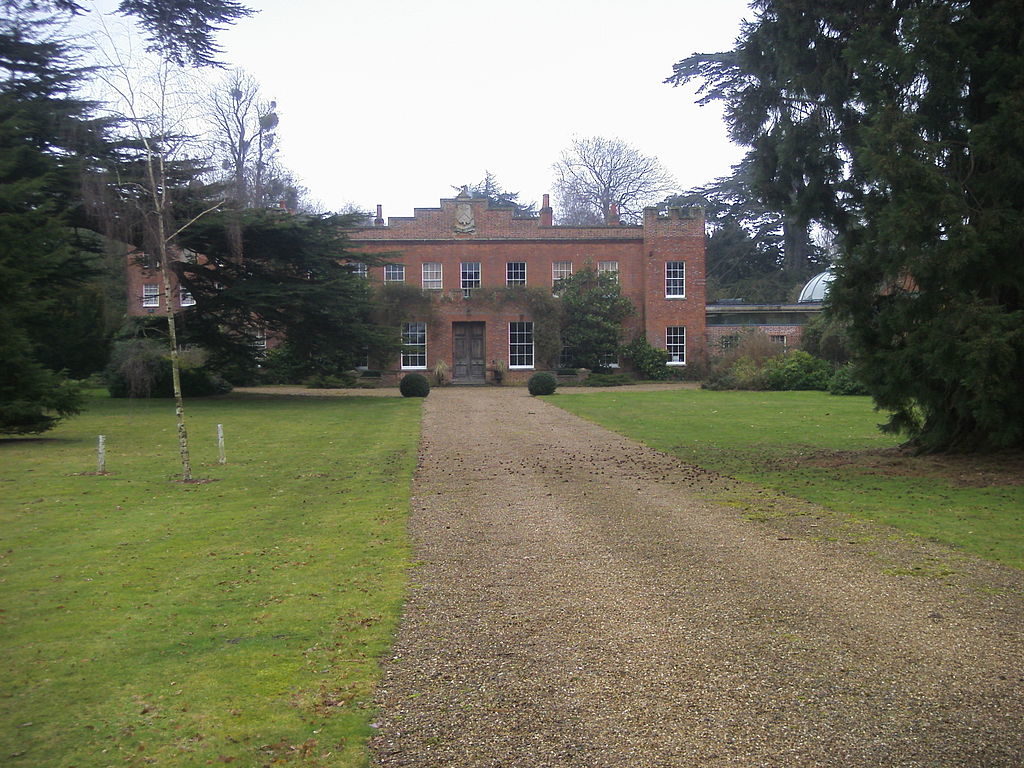Radio Waves: Stories Making Waves in the World of Radio
Welcome to the SWLing Post’s Radio Waves, a collection of links to interesting stories making waves in the world of radio. Enjoy!
Many thanks to SWLing Post contributors Ulis Fleming, Mark Hirst, Mangosman, and Adrian Korol for the following tips:
The story of BBC Monitoring (BBC World Service)
The Global Jigsaw is brought to you by BBC Monitoring, a part of the BBC you may not have heard of. This team of journalists reports on media from 150 countries in up to 100 languages and provides information and analyses to BBC newsrooms and the UK government, as well as commercial clients including universities and thinktanks. It also has an intriguing and, at times, dramatic history dating back to the eve of World War Two. This bonus episode is all about us.
Researchers find deliberate backdoor in police radio encryption algorithm (ARS Technica)
Vendors knew all about it, but most customers were clueless.
For more than 25 years, a technology used for critical data and voice radio communications around the world has been shrouded in secrecy to prevent anyone from closely scrutinizing its security properties for vulnerabilities. But now it’s finally getting a public airing thanks to a small group of researchers in the Netherlands who got their hands on its viscera and found serious flaws, including a deliberate backdoor.
The backdoor, known for years by vendors that sold the technology but not necessarily by customers, exists in an encryption algorithm baked into radios sold for commercial use in critical infrastructure. It’s used to transmit encrypted data and commands in pipelines, railways, the electric grid, mass transit, and freight trains. It would allow someone to snoop on communications to learn how a system works, then potentially send commands to the radios that could trigger blackouts, halt gas pipeline flows, or reroute trains.
Researchers found a second vulnerability in a different part of the same radio technology that is used in more specialized systems sold exclusively to police forces, prison personnel, military, intelligence agencies, and emergency services, such as the C2000 communication system used by Dutch police, fire brigades, ambulance services, and Ministry of Defense for mission-critical voice and data communications. The flaw would let someone decrypt encrypted voice and data communications and send fraudulent messages to spread misinformation or redirect personnel and forces during critical times. [Continue reading…]
Radio from Antarctica: sovereignty, identity and inclusion (télam – Translated from Spanish)
The station aims to inform about the Antarctic activities that are carried out in the different Argentine bases, to disseminate the country’s culture to the rest of the world and also to “Malvinize from Antarctica”, highlighted its coordinator, Juan Benavente, in dialogue with Télam
Antarctic identity, sovereignty over the Malvinas Islands and inclusion are the axes of the programming carried out by LRA 36 Radio Nacional “Arcángel San Gabriel”, installed at the Esperanza Base in Argentine Antarctica , from where almost 44 years ago it began broadcasting on different frequencies to around the world and that this year it has been developing a series of technical and content innovations to amplify its dissemination strategy.
Regardless of the national situation, the station aims to inform about the Antarctic activities that are carried out in the different Argentine bases, to spread the country’s culture to the rest of the world and also to “Malvinize from Antarctica”, reflecting not only testimonies of war veterans but also of stories that unite sports and education with the archipelago, indicated its coordinator Juan Benavente.
As in the case of the “historic” communication made on March 15 with the Argentine marathon runner Daniela Badra when she was in the Malvinas to participate in a competition and which was broadcast to the world via short wave band during the “Uniendo Voces” program. . “This was something that filled us with emotion, it is something that had never been done before,” said Benavente, in dialogue with Télam.
Its inauguration in October 1979
LRA 36 broadcasts to the world on shortwave and is currently the only station on that band in the country. It works jointly with Radiodifusión Argentina al Exterior (RAE) – in charge of the experienced producer Adrián Korol – and they are listened to from places as far away as Alaska, Iceland or Japan, according to the latest reception reports. It also transmits by modulated frequency with local reach and a few years ago added streaming over the internet. [Continue reading in English, or in the original Spanish version…]
A new 1000 kW transmitter commencing construction to match the Indian one on the other side of the common border
Many thanks to Mangosman who writes:
It’s now happened https://www.radio.gov.pk/30-07-2023/marriyum-aurangzeb-performs-groundbreaking-of-pbcs-digital-transmitter-in-rawat
$US 14 million is the price
Do you enjoy the SWLing Post?
Please consider supporting us via Patreon or our Coffee Fund!
Your support makes articles like this one possible. Thank you!

